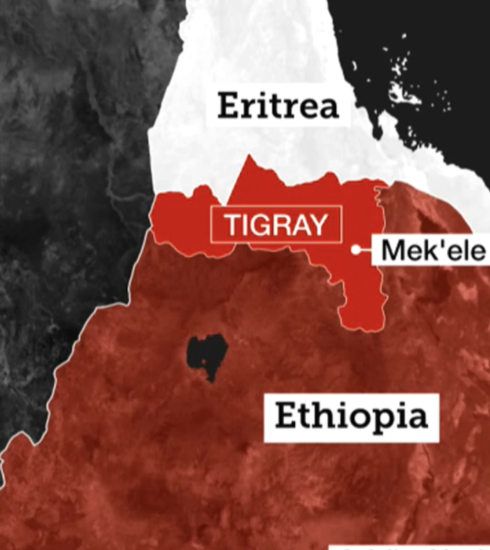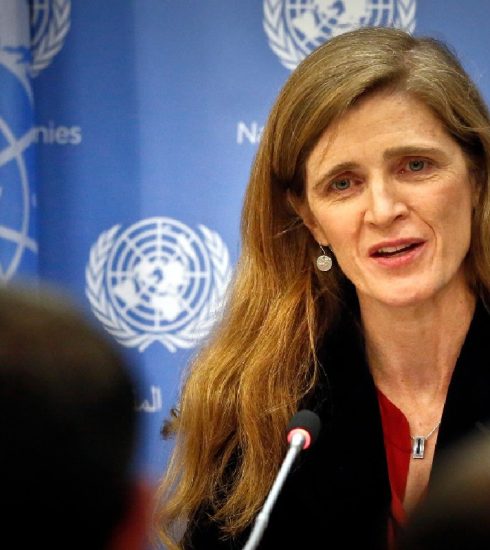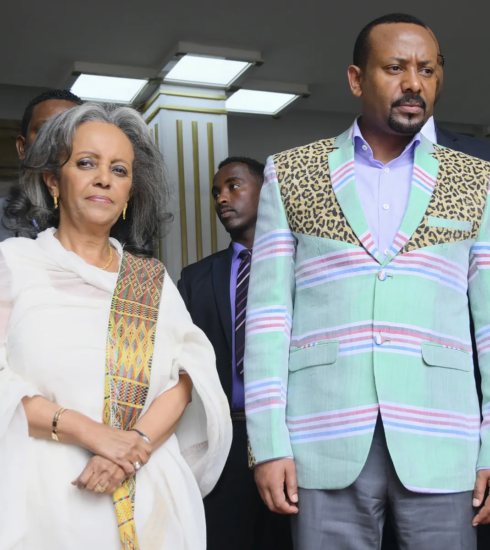What is meant by Public Interest Journalism? It is the type of journalism that involves seeking out information and disseminating verified information to the public, with the understanding that they have the right to know the facts of a matter, and knowing the facts is helpful to their community.
The theme of this year’s World Press Freedom Day observed in May was ‘Information as a Public Good’. This theme was very apt considering the new ways we adapt the information to suit our purpose, which is obviously not always for the public good. Information that is shared with the public should be for the good of the public and the advancement of their wellbeing, and not to their detriment.
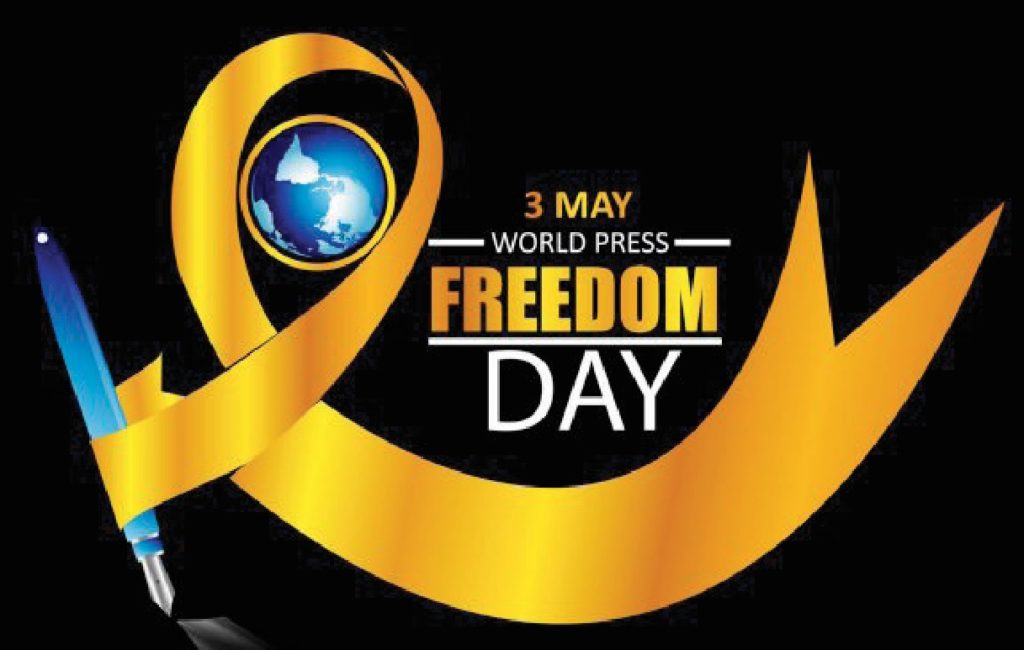
Journalism is one of the mechanics that propel society. It is a core principle of democracy. Journalists are like watchdogs that must be alert to the transition of things. They don’t let things go wrong without putting up the resistance of some sort. Every community needs to have public interest journalism because people want to receive information that conveys some civic values, and not just pieces of entertainment. It is important that journalists practice public interest reporting because therein lies the tools to checkmate the government against oppressive rule.
Limiting factors to public interest journalism
Some of the militating factors of the growth and relevance of the African media have been the paralyzing laws and violent attacks that are prevalent in certain countries. As I write, there is scanty freedom of the press in such counties. This is not to say that the phrase does not exist in their constitutions. No, it is written there on paper but not effective in practice. Many African leaders and politicians would rather work against press freedom than promote it. Some can go as far as making quick laws that muzzle people’s rights to freedom of expression. Such repressive legislation basically targets individuals especially social media users, who criticize the government’s operations.

For instance, in August 2019, the Nigerian Senate considered two separate harsh bills relating to freedom of expression online. One of the bills which proposed the death penalty for ‘hate speech’ was tagged the National Commission for the Prohibition of Hate Speech bill, and the other was the Protection from Internet Falsehood and Manipulation and other Related Offences bill. The two bills had passed the second reading, therefore provoking outrage within and outside Nigeria. Critics said the bill could give the Nigerian authorities the audacity to shut down the internet at will, and citizens could not criticize the government because doing so would be punishable by death. As though the bills anticipated a time like now, the Buhari administration banned Twitter use in Nigeria on June 4, 2021, following the takedown of Buhari’s ‘hate speech’ post by Twitter, thereby cutting off an estimated 40 million Nigerian users.
Ownership of media companies
For African journalism to serve the public interest, ownership of media companies must broaden. Public-minded individuals, civil partnerships, and non-profit organizations should begin to come together to own media houses. As it is now, most of the media companies in Africa are owned by the government, the rest are owned by corrupt politicians.
The perpetrators of press freedom violations are mainly the government and rich politicians. Governments make repressive legislation to silence their citizens. Desperate politicians engage in all manners of corruption to whittle down the integrity and resolve of the journalist, thereby truncating free press.
So long as media companies are established and run by this type of ownership, there can’t be genuine public interest journalism. If we want to be sincere, we must admit that governments are inherently secretive and mostly lacking transparency. The information they release of their activities and spending is mostly scanty. Same with the politicians that are desperate to win the next elections. They do anything to prevent a leak of their self-serving activities and behaviors, to the public. Unfortunately, that is what most journalists in Africa have to deal with on a regular basis.
Funding
Expectations from a journalist include being impactful, timely, following trends, and dealing with human interest matters. Journalists cannot meet these expectations with the current state of funding. The impact of the African media has been weakened by poverty and lack of funding. Some media companies that appeared to be doing well at the outset haven’t really been allowed to mature. African media need better funding to remain afloat and effective. Journalism in Africa cannot serve the public interest if the few privately owned media houses continue to scrimp to keep their doors open. Africa has a poverty problem just as many other parts of the world, so private media companies are struggling day in day out to be relevant. When you observe an African journalist whose modes of operation you don’t know from afar, you will judge them. You can only understand the hardship when you talk with them. A journalist who cannot put food on his or her family’s table has very little choice. It will not be long before they devise methods of cutting corners or compromise on integrity to enable them to tackle existential needs. Meager compensation amplifies poverty and its challenges among journalists, which in turn leads to a lack of commitment, and invariably, corruption.
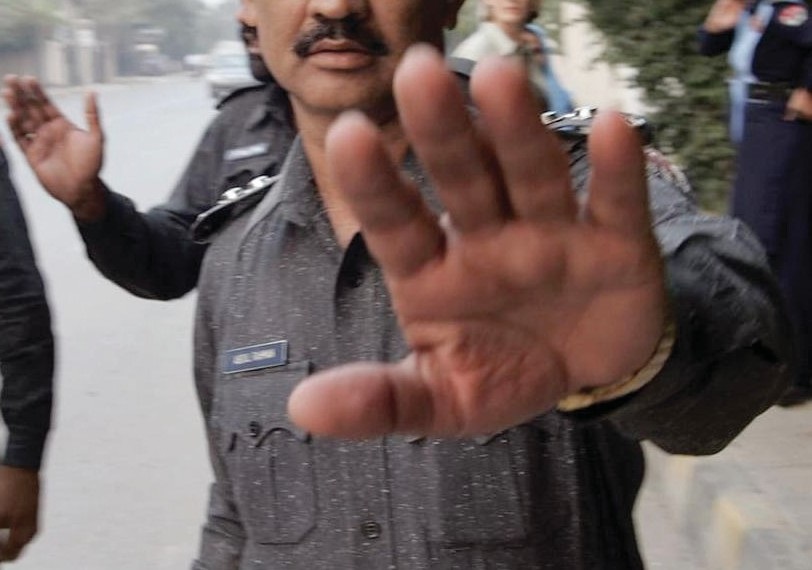
Unfortunately, lack of commitment and bribery will continue to stick around in African journalism if the problem of inadequate funding persists. When an individual is paid enough to feed his or her family, it is harder to arm-twist them to drop an investigation, bribe them to rest a story, or shut them up with money or threat. To provide some sort of relief, donors, especially foreign, unaffiliated ones, should be encouraged to come in. African journalism needs a lot of funding for journalists to do their work without fear or favor. Yet while accepting donations, the terms of engagement must be scripted to ensure that those who decide to pay the piper do not dictate the tune.
Reporting on democracy, trade,and policy in the pandemic
The pandemic has been brutal for journalists all over the world. It has been especially so for the African journalists because of the peculiar challenges of funding and priority in Africa. The general lockdown affected everyone, but journalists faced a lot more challenges because they had to scout for and share the stories, digging into people’s experiences in the pandemic. In doing this, they were exposed to the risks of contacting Covid19. Add that to the enormous pushback they received from the police and military personnel who did not recognize their unique functions.
Another important fact is that governments and politicians are not transparent in their release of information to the public. Therefore, depending on what they receive, journalists are bound to report half-truths or no truths at all. For instance, according to reports, a lot of the Covid19 statistics presented by many African governments were for the most part, not accurate. After all said and done, I believe it is possible to deliver news on important issues affecting democracy, trade, and government policy impacts in Africa. We can debate on how possible it would be, given all these challenges. The truth is that journalists have no other choice but to figure out ways to report in-depth on democracy. Remember that the continent has gone through some stages of media adaptiveness, including print and electronic; then it moved to online publications and today, the world is in the age of social media. Africa has been resourceful in using whatever it has to chase what it wants.
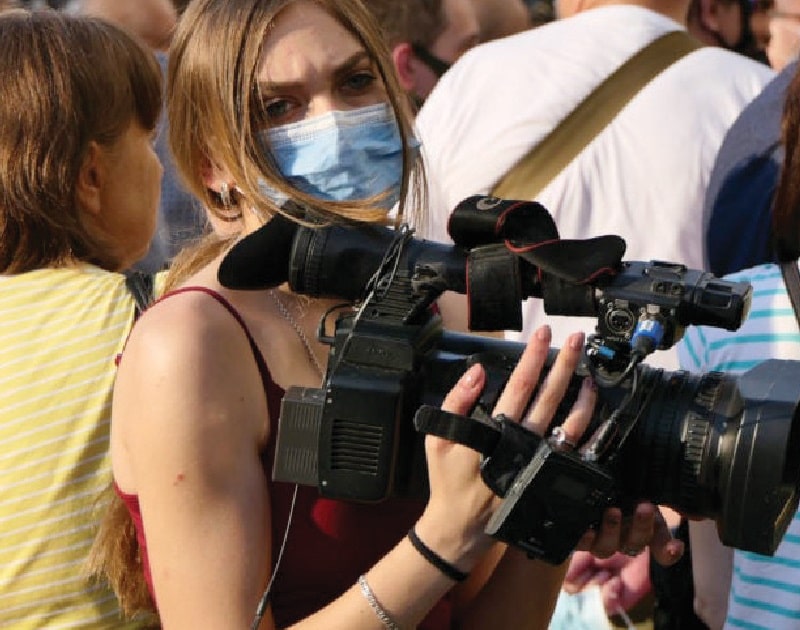
If you look around in Africa, everyone has become a journalist; individuals are able to gather news and share news. Though it is going to be challenging due to all the issues I raised earlier but remaining committed and resourceful are the ways Africa can climb out of the deep chasm of media dependency. As I mentioned earlier, journalism is a core principle of democracy. If Africa cannot bring about true Press Freedom and comfortable journalists, it is likely that the continent will continue to struggle on democracy praxis. The same goes for policymaking and trade.
Implications of media coverage of Africa
As has been mentioned above, media coverage of Africa is not full-throated and fervent due to many factors. The media does not engage in the thorough investigative study of situations in African countries. This is also seen in Western media’s reportage on Africa. Reporting on Africa is carried out from the colonial perspectives that Africa and Africans are unsophisticated and ingenious, and as such, unworthy of deep investigation. In line with how Africa is viewed, the continent’s news and events reportage are shallow and unserious. What we then see is that most of the time, western journalists have already decided on what types of stories they want to carry on Africa. Their stories on Africa do not develop. For many of them, no story is newsworthy if it does not fit the regular narrative, regardless of how big and impacting it is for Africa. When it is covered at all, its lifespan on the news channel is short.
Africa and the new media
Africa’s media landscape has continued to struggle behind the rest of the world. For the longest time, many governments of Africa have maintained absolute control and monopoly of the media. The continent has gone through phases of breaking from the culture of silence to finding its voice with the print and broadcast media (consisting of radio and television). Then came the internet which brought about a break from the mundane ways of accessing information, to connecting to media platforms. One great thing about where the world is now is that Africa is not way behind. We are in the age of new media and the interconnectedness of the globe. In this world, everyone is invited, and Africa is virtually included.
The fall out of the new media world though is that the world, including Africa, is witnessing an outrageous amount of misinformation, disinformation, and the menace of conspiracy theories. People are overwhelmed by the torrent of information they receive. Fake news is ubiquitous and can sur- face from any angle. An individual can create falsehood right on his or her computer and distribute it at an unprecedented speed. The situation has made discerning reality a lot more challenging in the way it floods internet spaces with raw, unverified information. The field of information technology exploded and handed every willing user the power to gather and share information, but it has also introduced us to a new type of journalism.


